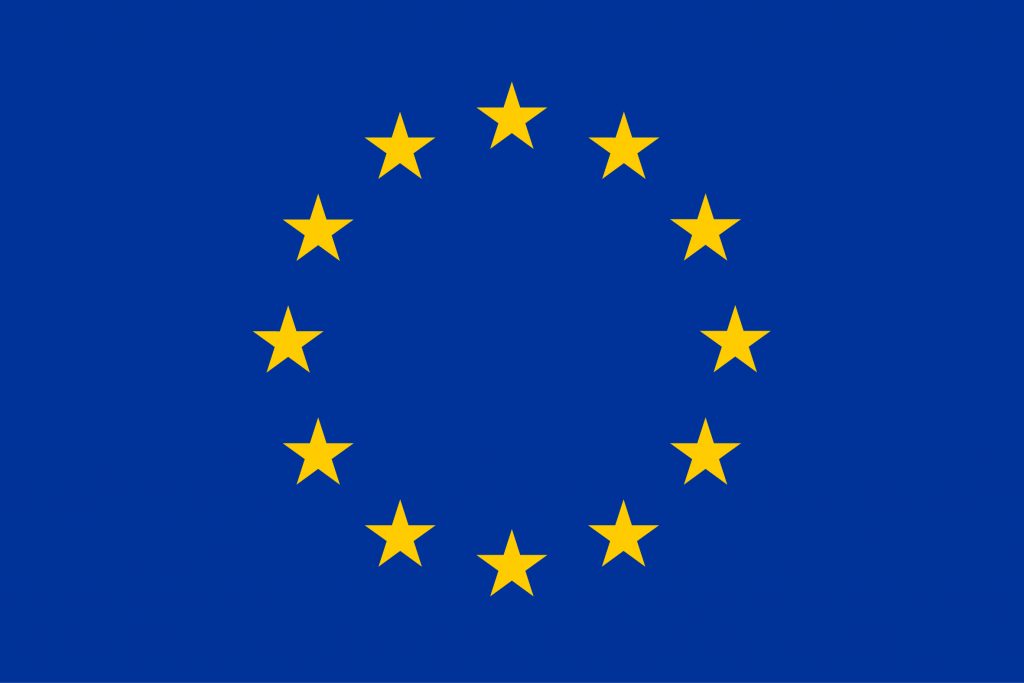
This activity is led by Copenhagen Business School (CBS).
As stated in the Grant Agreement, one of the main statements of INCULTUM is that “innovative cultural tourism can be used as a driver for innovation and cooperation, promoting sustainable economic development in local communities, their participation and their specific contexts”. INCULTUM is thus founded upon the central idea that an untapped potential exists in sustainable cultural tourism, which is completely in line with the EU policies on the subject that aim to promote cultural tourism balancing the need for growth and development with preservation of cultural heritage, historical sites, and local traditions.
For the purposes of this project, INCULTUM follows the definition of cultural tourism made by the World Tourism Organisation UNWTO as “a type of tourism activity in which the visitor’s essential motivation is to learn, discover, experience and consume the tangible and intangible cultural attractions/products in a tourism destination. These attractions/products relate to a set of distinctive material, intellectual, spiritual and emotional features of a society that encompasses arts and architecture, historical and cultural heritage, culinary heritage, literature, music, creative industries and the living cultures with their lifestyles, value systems, beliefs and traditions”.
The UNWTO’s definition includes both local residents and tourists. In cultural tourism, at least two collectives – i.e. locals and visitors -, each one with their own collective identity, meet and interact. It is a distinct goal of INCULTUM that neither of these social identities suffers unwanted changes. The social identities involved should be only positively affected, on one hand, increasing the local’s pride in local heritage, forms of production, natural scenery, etc. and, on the other hand, fomenting the visitors’ curiosity and knowledge about the destination in all its aspects. In our view, this is the only way to counter the negative, and often denaturalising, effects of touristification specifically and of tourism in general. The risk may be even larger in areas suffering from unemployment, underdevelopment and depopulation, since locals may be more tempted in such areas to stop doing what they used to do because they can earn more by catering for tourists.
By experimenting the innovations in cultural tourism, implemented in the Pilots, INCULTUM aims to demonstrate the positive impact of these innovations at social, cultural, environmental and economic level. The point is to increase the awareness that the demand side – i.e. the market for cultural tourism – and the supply side – i.e the local economic and social development – depend on each other.
The synergies created by INCULTUM focus on both the local level as well as on the cultural tourists – both actual and prospective. Cultural tourism simply cannot happen without tourists visiting the pilot areas.
Three levels of actions are validated in the INCULTUM project:
- Firstly, the principal validation takes place at the local/regional level related to the ten INCULTUM Pilots in the framework of the activities undertaken therein.
- Secondly, the project encourages a cross-fertilisation between the Pilots. This means that – whenever possible – each pilot serves as the first testing ground of the solutions that the other pilots implement. Naturally, such cross-fertilisation is based on a relevance criterion, even if we expect that many aspects of innovation could be relevant to various other Pilots.
- Thirdly, the Pilot solutions are spread among the wider network of interested stakeholders created through the networking activities carried out in the project, to facilitate re-use of good practices and duplication of experiences in new geographical contexts.
The responsibility of the exploitation of the project’s results stays in a dedicated workpackage led by CBS who monitors the advancement of the validation activities carried out in the INCULTUM Pilots, as well the marketability and upscaling of the tested solutions.
It should be taken into account that the ten Pilots are rather different, both in terms of content and focus as well as in terms of level of maturity. They find themselves at various levels of development: some are already well-established, while others are only at an initial stage. In the latter case, the network of stakeholders is often not fully established yet. The differences between the Pilots and the complexity of the whole project makes it imperative to reflect on how to ensure alignment and coordination between Pilots. The stakeholder mapping performed in the early stage of the project precisely serves this aim and is fundamental to prepare for further analysis related to impact and exploitation.
Download the D7.1 Stakeholder Map Report (PDF).





